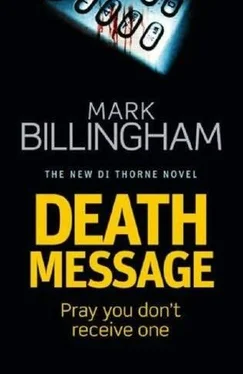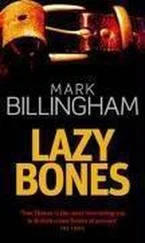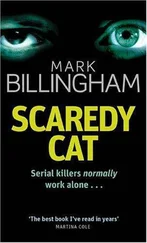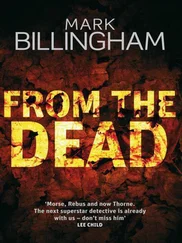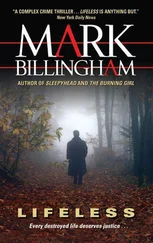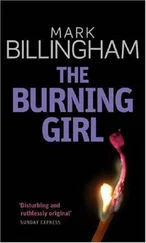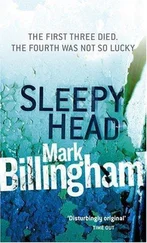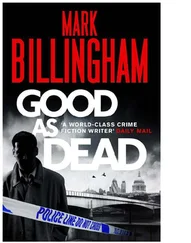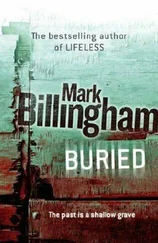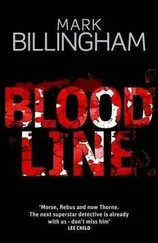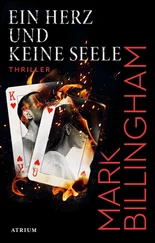There were no suspensions and Skinner had never been the subject of any complaint. He had, by contrast, received two commendations, including one for bravery during the arrest of a notorious armed robbery firm.
Thorne was interested to see that Skinner had twice passed what the DPS called ‘integrity tests’. These could range from the absurdly simple – a tempting quantity of cash or drugs left in an abandoned vehicle – to more complex set-ups involving dozens of officers over a period of months. Most of the time, unless the subject failed, they would never even know they’d been tested at all. Though the Anti-Corruption Group tried to be as inventive as possible, the received wisdom was that a bent copper clever enough to get away with it for a while could spot an integrity test a mile away.
To his knowledge, Thorne had never been tested, and he couldn’t say with certainty that he’d pass when they finally got around to him. With a pint or two inside him, he’d tell anyone who gave a toss that they were testing for the wrong thing: it wasn’t about pocketing a few quid if it came your way; it was a question of lines, always had been. Where you drew yours, relative to where the fuckers you were after drew theirs. Whether those lines grew closer together as experience chipped away at you. And whether you stepped across it for the right reasons, with your eyes open, or drifted to the wrong side without even knowing it.
He read through the report once more, his frustration growing with every page. Brooks had been set up by two officers, so in order for this information to be of any use, Thorne would need to cross-reference it with a PIMS report on somebody else. He was fairly certain that Skinner would have worked at some point with Richard Rawlings; and he knew he’d worked with Russell Brigstocke for that matter. But at this point, it was all useless information. Over such a long and varied career, Skinner would have worked closely with hundreds of officers and, even if Thorne did have likely names, he quickly realised that he would gain nothing definitive. The man with whom Skinner had set up Brooks needn’t have been a close colleague. He could just as easily have been someone who drank in the same pub. Someone Skinner had met at a party. Someone he had played table-tennis with…
Thorne let out a long, slow breath.
He had to presume that this unknown man, both men, were dangerous. They had framed Marcus Brooks for murder, but Skinner and his partner-in-crime may have done considerably worse than that.
Somebody had killed Simon Tipper, after all.
The longer Thorne stared at the information in front of him, the more pointless it became. He had no real idea where to attack it from; what else he would need to make the task easier. There were days when he felt ill equipped to deal with regular police work, but he couldn’t even begin to think like a DPS officer. He was not sure if he should feel frustrated or relieved.
When Yvonne Kitson strolled in, Thorne pushed the PIMS report to one side.
‘Thought you were booked out,’ she said.
‘Couldn’t keep away.’
A nod, like she knew what he meant. ‘My other half’s got his mates round to watch the rugby, and the kids are being little bastards at the moment. What’s your excuse?’
‘Louise is working. You know.’
‘How’s it going?’
Thorne remembered the exchange with Brigstocke an hour or so before. With the exception of that conversation, and Thorne’s request for Paul Skinner’s records, Kitson knew as much about the Brooks investigation as he did. So he presumed she wasn’t asking about the case; that her enquiry was more personal.
‘It’s good,’ he said. He wondered if Louise was still pissed off with him. Still as pissed off with him. ‘It’s great…’
Kitson seemed pleased.
Thorne watched her sort through some papers on her desk and begin reading. ‘They still got you riding two horses with one arse?’
She looked up, sour-faced suddenly. ‘This is the only chance I’ve had to even think about the Sedat murder in days.’
‘And?’
‘I think I should’ve stayed at home.’
‘Your mystery woman not called back?’
‘We’ve blagged five minutes on Tuesday night’s Crimewatch,’ Kitson said. ‘See what we can do to persuade her.’
‘You doing it yourself?’
‘They couldn’t get anyone else.’
‘Well, providing there’s no football on, and they’re not repeating Animal Hospital or Watercolour Challenge, I’ll be watching…’
For an hour or so, they swapped Crimewatch stories, their own and other people’s. They moaned about the perpetually tanned presenter: the nauseating simper as he told viewers to ‘sleep tight’; the reminder that their chances of becoming a victim of violent crime were minuscule. Kitson said she’d like to drag the smug bugger round the Incident Room; maybe take him to a post-mortem and watch that take the colour off his face.
Thorne thought a good hard slap would do the job just as well.
The day dimmed quickly outside: Hendon a glinting patchwork beyond the glass, and headlights brightening on the cars that crept away from Brent Cross or north towards the M1. But Thorne could not summon up the energy to head home. To call Louise and continue the argument. By the end of the day, he and Kitson had decided to grab an early dinner, and they were tossing up between the Royal Oak and the nearest Chinese when Thorne got a call from the main security gate to say that he had a visitor.
Brian could be an arsehole in the wrong mood, and he wouldn’t let Tony Blair in without seeing an ID, but he’d watched every kind of copper from cadet to commander pass under his barrier, and he could usually be relied on when it came to a thumbnail sketch.
‘He’s DPS,’ Brian said.
‘Oh, great. You sure?’
‘Twenty quid says he’s from the Dark Side.’
Thorne knew better than to take the bet. ‘From Colindale, you reckon?’
‘Nah, he’s not local. His overcoat was too nice.’
‘You’re wasted on the gate, Brian.’
‘He says he’ll wait for you at reception…’
‘We’re popular suddenly,’ Kitson said, when Thorne hung up. ‘Maybe it’s the same lot who were in here the other day with the DCI.’
Thorne told her that Brian hadn’t thought so. ‘He’s keen though, whoever he is. Five o’clock on a Sunday.’
‘Somebody else as job-pissed as we are. Or with nobody who wants to spend a Sunday with him.’
Thorne said he’d be as quick as he could. He grabbed his coat and told Kitson to pick somewhere they could eat when he got back.
He took the stairs, the smell of the new carpet assaulting him again, taking him back to that uncertain moment somewhere in his childhood.
Adding to the apprehension.
Talking to police officers, ordinary citizens would often be overcome with feelings of guilt, however innocuous the reason for the conversation. It was much the same for the police officers themselves when talking to those representing the Directorate of Professional Standards.
Racking his brain, Thorne trudged towards the ground floor of Becke House. Wondering exactly what it was that he had done.
They walked in the dark, across the parade square, through the HGV testing area and slowly around the track that bordered the athletics arena.
‘This seemed a hell of a lot bigger when I was a cadet.’
‘When was that?’ Thorne asked.
‘I left here eighteen years ago.’
It didn’t tell Thorne precisely how old Detective Sergeant Adrian Nunn was, but it reinforced his initial impression that he was somewhere in his late thirties.
‘You?’ Nunn asked.
‘A lot longer…’
Читать дальше
